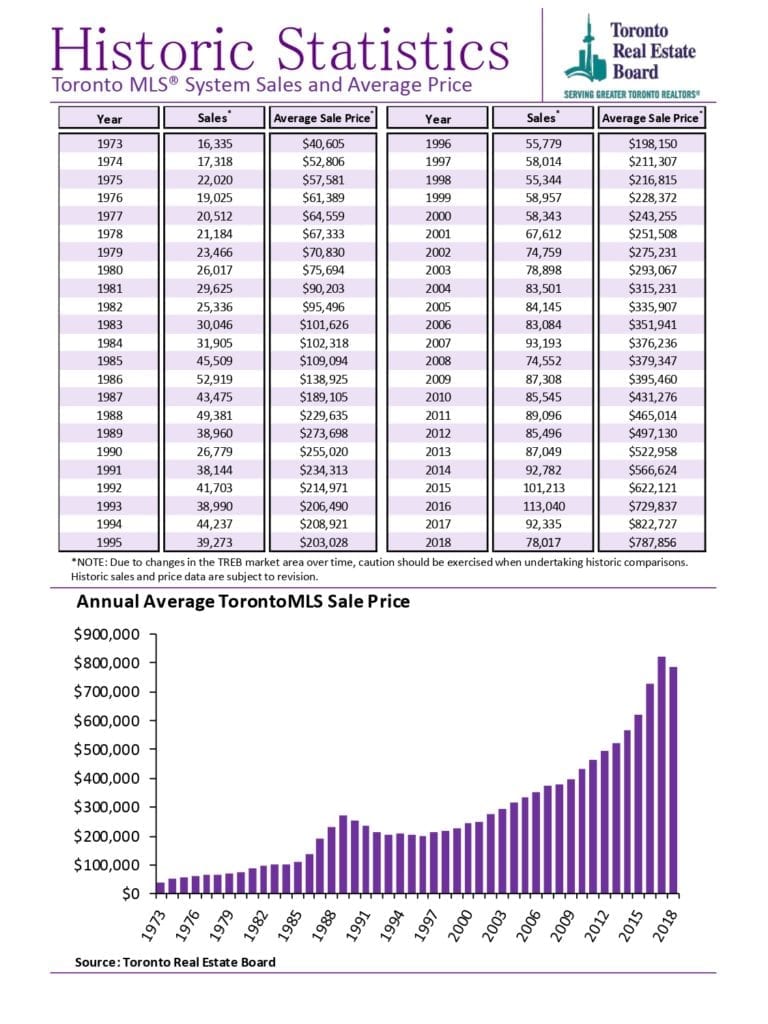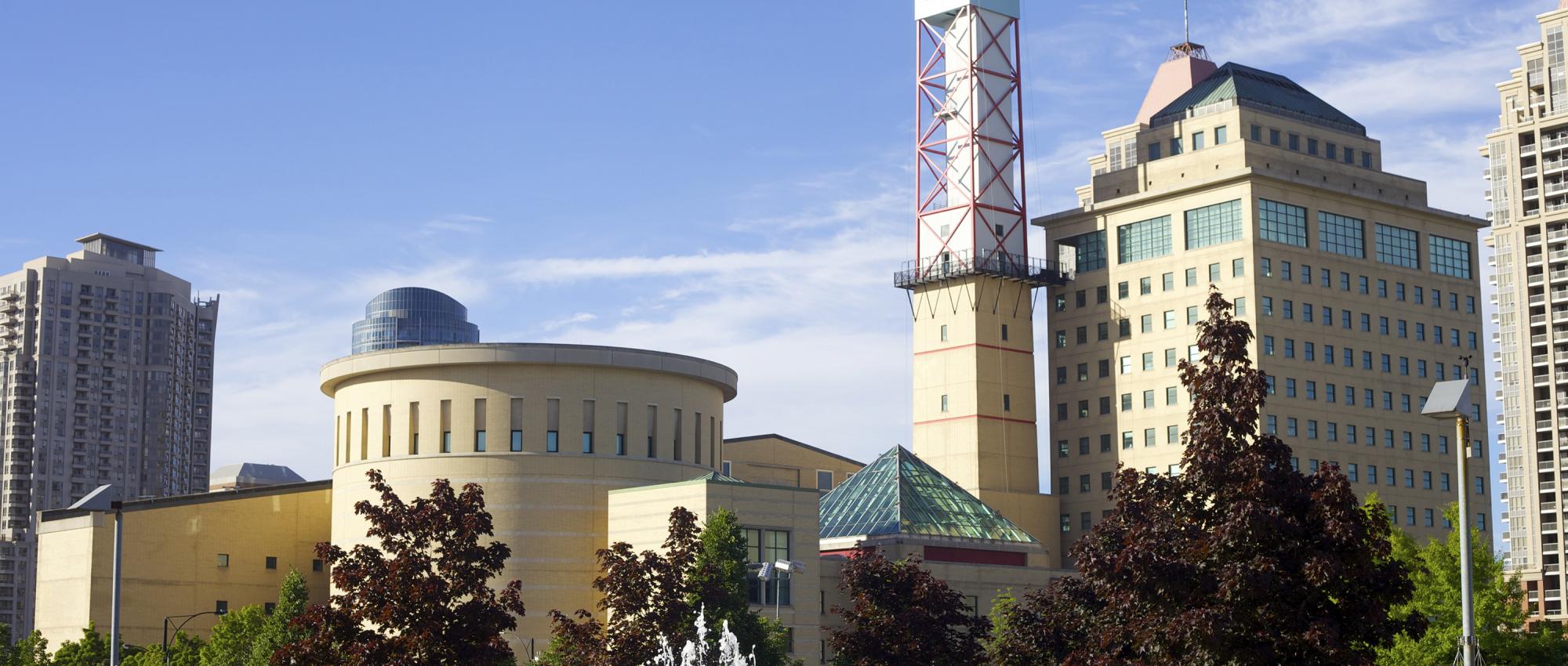MAY I GROW CANNABIS IN MY HOUSE IN ONTARIO, CANADA?
Cannabis has become legal in Ontario from October 17th, 2018. The legalization of recreational cannabis is one of the largest policy changes in Ontario history since the repeal of the Temperance Act (prohibition) in 1927.
We have tried to be as comprehensive as possible, but the legalization of cannabisis an evolving issue. From new regulationsto potential court cases, the legal framework for cannabis and specifically for home cultivation will change with time. With that in mind, here’s what we know right now.
HOME CANNABIS CULTIVATION
Federal legislation (C-45) stipulates that up to four plants per dwelling house can be grown perresidence (indoors or outside). Please note thatlegislation stipulates “per residence” not per person.
Former cannabis grow operations, even on a small scale, can pose significant health and safety issues(i.e. mould, fungus, unsafe wiring, chemicals) for unsuspecting home buyers. These risks are often masked by owners of existing grow operations when the property is sold, making it difficult for home buyers and REALTORS® to detect. As a home buyer in Ontario, Greater Toronto in Canada – What I need to know about Cannabis growing in a house ? Every negotiation is unique between the parties and specific to the particular property.
A buyer could add conditionsto confirm the availability of insurance or financing for a property that was used as a former cannabis grow operation. In addition, a condition on review by a home inspector and other contractors would be appropriate to ensure that the home has not sustained damage that would affect the buyer’s decision to purchase.
As seller of a house in Ontarion/ Toronto What I need to know about Cannabis growing?
According to the Real Estate Council of Ontario, “if growing marijuana has damaged the property to the point that the home is unsafe to live in, and the defect is not obvious to the naked eye, it’s a latent defect that must be disclosed.” For more information you can read RECO’s “Ask the Registrar: Cannabis Legalization” article here.
HOME INSURANCE & CANNABIS CULTIVATION
Although large-scale grow-ops will remain illegal and void most homeowner’s policies that are faced with related claims, there remains uncertainty with the home cultivation of cannabis.
According to the Insurance Bureau of Canada, questions about home-grown marijuana will become routine when applying for or renewing policies. For renters, growing cannabis, could be risky if the landlord’s insurance does not cover that activity, or if the landlord may not know the tenant is involved in that activity.
Home owners should check with their insurers before making significant modificationsto their properties, and tenantsshould lettheirlandlord know ifthey are going to grow cannabis in a rented home orapartment.
CANNABIS CULTIVATION AND MORTGAGE FINANCING
When it comes to obtaining mortgage financing approval for a former cannabis grow operation, consumers should speak with their financial institution prior to making an offer on a property.
It is also important to note that legal cultivation of cannabisin a home could breach rules of a home owner’s mortgage agreement with their financial institution. Before a home owner grows cannabisin their property,they should consult with their financial institution to ensure they are not violating rules under their mortgage agreement.
Once proclaimed, Ontario’s Bill 36, the Cannabis Statute Amendment Act, 2018 will allow condominium occupants, aged 19 years and older, to use recreational cannabis in their unit or on common element space and grow up to four plants for recreational use per residence/unit (not per occupant). Bill 36 prohibits, the smoking of cannabis in any indoor common area of a condominium, including parking garages, party or entertainment rooms, laundry facilities, lobbies and exercise areas.
Condominiums do have the authority to regulate the use/production of cannabis undersection 58 of the Condominium Act to promote the safety, securityor welfare of the owners/occupants and prevent unreasonable interference with the use and enjoyment of the units, common elements and assets.
This could include a ban on the use and cultivation of cannabis inside of units. Medical cannabis is not affected by this legislation. If a condominium corporation does not accommodate use of cannabis for medical reasons authorized by a healthcare professional, the corporation may be subject to a human rights complaint.
LANDLORDS
A landlord can include provisionsrestricting the legal cultivation or consumption of cannabis in a lease agreement, which might provide the landlord with grounds to evict a tenant.
It would also be prudent to have any lease agreementreviewed by an appropriate professional, such as a lawyer.
OREA STANDARD FORMS & CLAUSES
The OREA Standard Forms Committee considered the cannabis legalization and impact on OREA Standard Forms. OREA has developed clauses that could be considered and used in membertrading activity to address consumer, buyer orseller, specific concern and used whenappropriate.
You can view the clauses here. (Member Sign In required) One of the clauses could be used to confirm the cannabis history of the property and the other clause could be used to have the sellerrepresent and warrant that to their knowledge there is no cannabis history.
MUNICIPALITIES & CANNABIS LEGALIZATION
Municipal governments have a one-time opportunity to opt out of cannabisretail in their communities. There is no time period for a local municipality to opt back in via resolution.
If the opt out isreversed by a municipal government, that decision isfinal. To opt out, municipal councils must pass a resolution by January 22, 2019 stating they do not wish to host cannabis retail stores in theircommunities.
Where a municipality has opted in to permit cannabis retail outlets in their community, the Alcohol and Gaming Commission of Ontario (AGCO) will provide municipal governments and the public with a 15-day notification period of a proposed store site to receive public input and hear concernsfrom the local community. There is no cap on the number ofstorefronts, leaving it to market demand to decide locations and the number ofstores.
IMPAIRED DRIVING
As part of cannabis legalization Ontario has introduced tougher drug-impaired driving laws. The new laws include zero tolerance for young and novice drivers and commercial drivers. Trained officers can use the Standard Field Sobriety Test or the Drug Recognition Expert evaluation to detect impairment by drugs, including cannabis. Higher financial penalties for impaired driving will come into force on January 1, 2019.
See a complete list of Ontario impaired driving penalties.
CANNABIS LEGALIZATION – FEDERAL LAW
The Federal Government committed to the legalization of cannabis with the passage of Bill C-45, the Cannabis Act, in the summer of 2018. The Bill comes into force on October 17th, 2018. The national legal age of consumption of cannabis is 18 years old. (*Note, provinces can change the legal age of consumption). Under Bill C-45, individuals are permitted to carry up to 30 grams of cannabis. Individuals can cultivate up to 4 legal cannabis plants per residence anywhere on their property (inside or outside). Provinces, territories or municipalities are permitted to place furtherrestrictions on personal cultivation. In addition, provinces were leftto set many other rules around the distribution,sale and consumption of cannabis.
ONTARIO CANNABIS LEGALIZATION – BILL 36, CANNABIS STATUE AMENDMENT ACT, 2018
In response to the Bill C-45, the Ontario Legislature introduced Bill 36, the Cannabis Statute Amendment Act, 2018. Bill 36 has three main parts. First, it allows private sector retail stores where a municipal government has not opted out of retail sales. Second, it establishes the Alcohol and Gaming Commission of Ontario (AGCO) asthe retailstore licensing body and, third, it aligns cannabis consumption rules with tobacco places of use under the Smoke Free Ontario Act.
The AGCO will establish processes for Retail Operator Licensing and Retail Store Authorization forretail cannabisstoresin communities where municipal governments have not opted out. The AGCO and police will also be responsible for inspections and enforcement of the Act. Cities will have no direct control over who gets a licence for a cannabis retail outlet store, or where they are located within a municipality. Instead the AGCO will have the power to license and approve locations for retail outlets.
By December, the AGCO is scheduled to publish regulations that lay out details such as the size of a buffer zone between shops and schools, staff training and security. Once an application for a store is made, city councils and residents will have 15 days to write the AGCO a letter arguing against a store being granted a licence. The province is not capping the number of licenses it is making available in Ontario.
BUYING CANNABIS
Starting on October 17th, consumers 19 years old and older will be able to purchase cannabis via an online retail platform provided by the Ontario Cannabis Store (OCS) run by the Ontario Cannabis Retail Corporation a Crown Agency. The OCS online channel will include a verification system that will ensure safe at home delivery for cannabis products, thereby meeting the federally imposed obligation that provinces be ready for retailsalesfor the start of legalization. In addition to online retail of cannabis, the OCS will also act as the wholesale distributorto private retailstoresinOntario once a legislative framework isin place. Under Bill 36, licensed private retail outlets are set to begin operations April 1st, 2019.
CONSUMING CANNABIS
Where you can smoke and vape cannabis*
- Private residences – this does not include residences that are also workplaces (e.g. long-term care and/or retirement homes)
- Many outdoor public places (e.g. sidewalks, parks)
- Designated guest rooms in hotels, motels andinns
- Residential vehicles and boatsthat meet certain criteria (e.g. have permanent sleeping accommodations and cooking facilities, and are parked or anchored)
- Scientific research and testing facilities(if the cannabis use isforscientific research and testing purposes)
Permitted in controlled areas:
- Long-term care homes
- Certain retirement homes
- Residential hospices
- Provincially-funded supportive housing; and,
- Designated psychiatric facilities or veterans’ facilities.
*Additionalrestrictions on smoking and vaping may exist in municipal bylaws, lease agreements, and the policies of employers and property owners.
Where you cannot smoke or vape cannabis
Ontario’s legislation prohibits smoking cannabis in places where smoking tobacco and using e-cigarettes would be prohibited.
For a full list please visit https://www.ontario.ca/page/cannabis-legalization#section-2
OREA ADVOCACY
OREA is very concerned about the impact of legal and illegal cannabis residential grow operations. The association is lobbying the provincial government to commit to protect Ontario home owners/buyers by committing to implement a five-point action plan:
- Protect Ontario communities by designating all illegal grow operations or clandestine-drug operations as unsafe buildings under the Building Code Act.
- Mandate that illegal cannabis operations are inspected by a municipal building official to determine what actions are required to make it safe according to provincial minimum remediation standards.
- Where a former cannabis grow operation is unsafe,requiremunicipalitiesto register work orders on title to remediate the property.
- Mandate that all licensed home inspectorsreceive training on how to spot the signs of a former cannabis grow operation.
- Reduce number of plants to one for units 1,000 square feet or smaller.
“Stopping unsuspecting home buyers from entering into a potential nightmare scenario whereby their family is faced with these health and safety issues is the root of [OREA’s] call to action.”
– Steve Kotan, 2018 Chair ORP Committee








